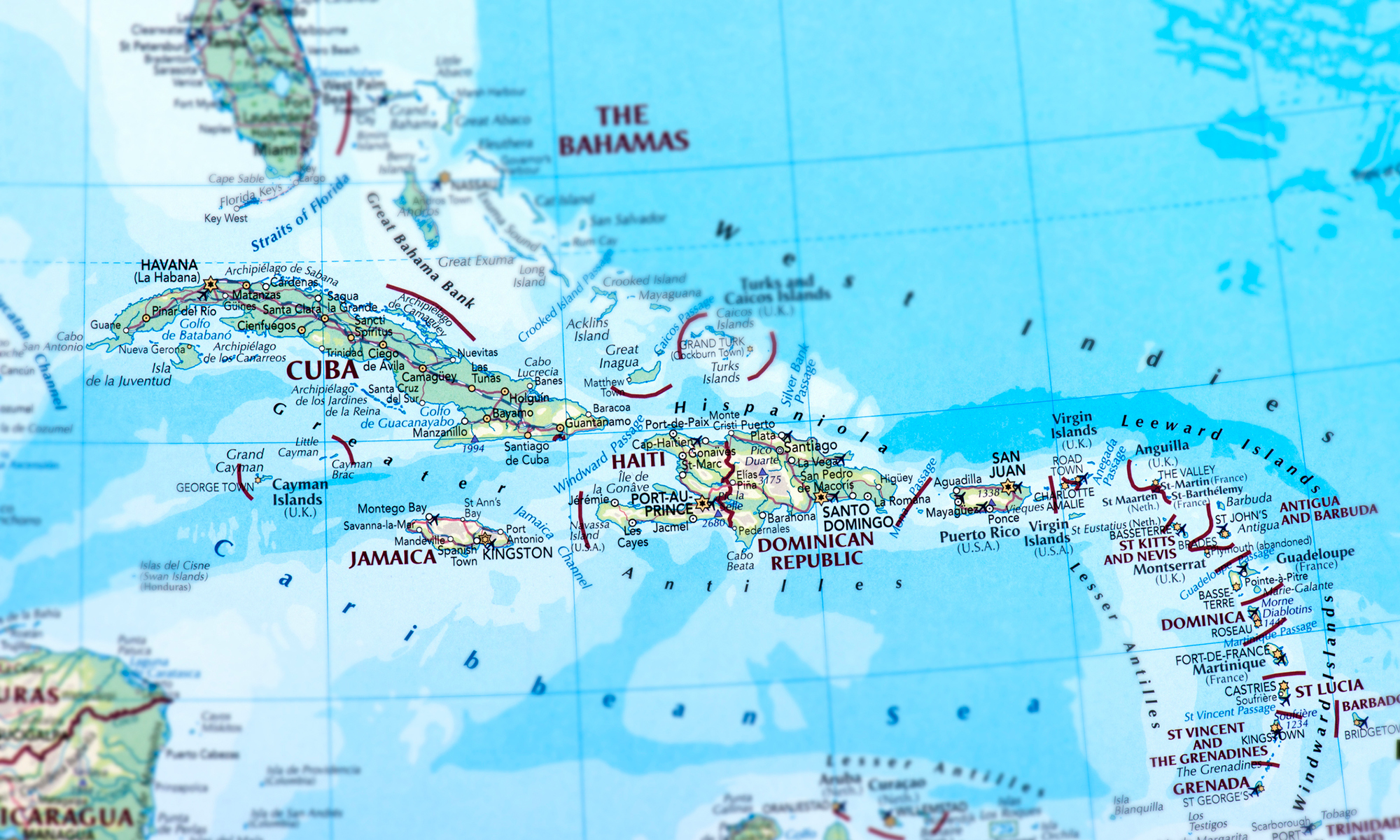Cuba recently announced plans to install more than two gigawatts of renewable energy capacity by 2030. According to Rosell Guerra, the director of renewables at the Cuban Ministry of Energy, the additional capacity will result in renewables comprising approximately a quarter of Cuba’s total installed capacity. The new generation mix will include:
· 13 wind farms, with a total output of 633MW;
· installation of 700MW of solar photovoltaics;
· 19 biomass power stations, fuelled by sugar cane residue, with a generating capacity of 755MW;
· 74 small hydroelectric plants with an output of 56MW.
In order to achieve its renewable energy goals Cuba will need capital investments totaling approximately U.S.$3.5 billion, as well as access to technology and equipment. The Cuban government passed a foreign investment law early last year and several countries have already been active in the market, including Abu Dhabi, which recently offered U.S.$15 million in loans for the construction of four 10MW solar power plants. Participation by U.S. firms is still subject to the embargo, and would require a special license from the Office of Foreign Assets Control. However, with the gradual, though unpredictable, lifting of restrictions, the Cuban market represents potential for both U.S. equipment manufacturers and investors.
